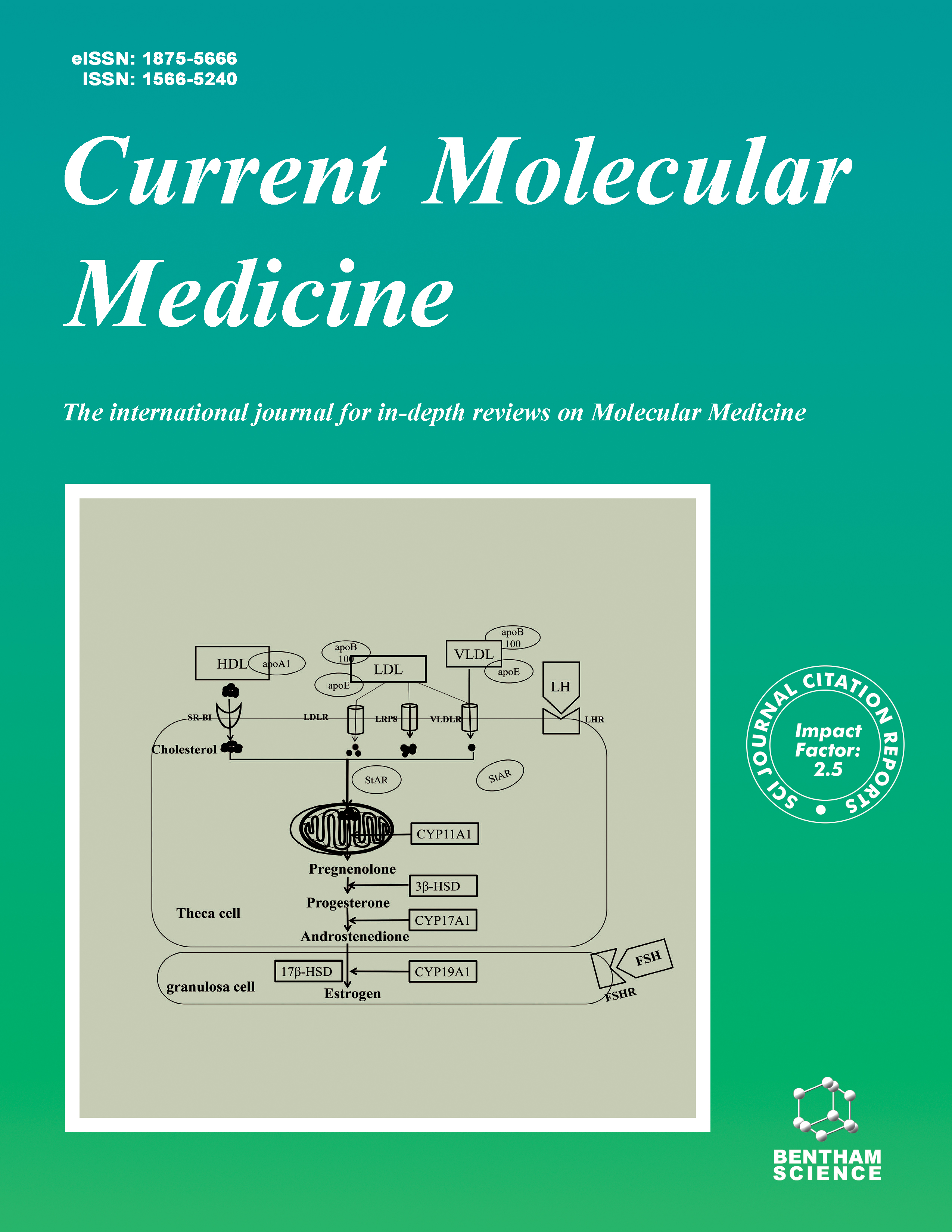
Full text loading...

The antiviral effects of type I interferons [IFNs] on respiratory syncytial virus [RSV]-infected airway epithelial cells have been identified. We aim to further reveal the mechanism of stat3 and kruppel-associated box-associated protein 1 [KAP1] in RSV-infected airway epithelial cells.
Using the A549 cell line, we investigated the impact of RSV infection, KAP1 overexpression, and stat3 inhibition with Stattic. Cell counting kit 8 assay was used to determine the viability, and enzyme-linked immunosorbent assay was applied to measure the levels of IL-6, IL-8, IL-1β, IFN-α, and IFN-β. Viral replication was tested via plaque assay. Meanwhile, quantitative real-time reverse transcription polymerase chain reaction or/and western blot were applied to measure the expressions of p-stat3 and KAP1 in the cells.
RSV infection repressed the viability, upregulated p-stat3 and KAP1 expressions, elevated levels of inflammation-related factors [IL-6, IL-8, IL-1β], and type I IFN immune response-associated factors [IFN-α, IFN-β], and promoted viral replication in A549 cells. Stattic attenuated the promoting effect of RSV on inflammation-related factors and viral replication, but enhanced its impact on IFN-α and IFN-β levels in the cells. More importantly, KAP1 overexpression reversed the effects of Stattic on viability, inflammation [IL-6, IL-8, IL-1β], type I IFN immune response [IFN-α, IFN-β], and viral replication in RSV-infected A549 cells.
Our findings unveil the pivotal role of stat3 inhibition in potentiating type I IFN-mediated antiviral responses against RSV in lung epithelial cells, revealing KAP1 as a potential therapeutic target for combating respiratory viral infections.

Article metrics loading...

Full text loading...
References


Data & Media loading...